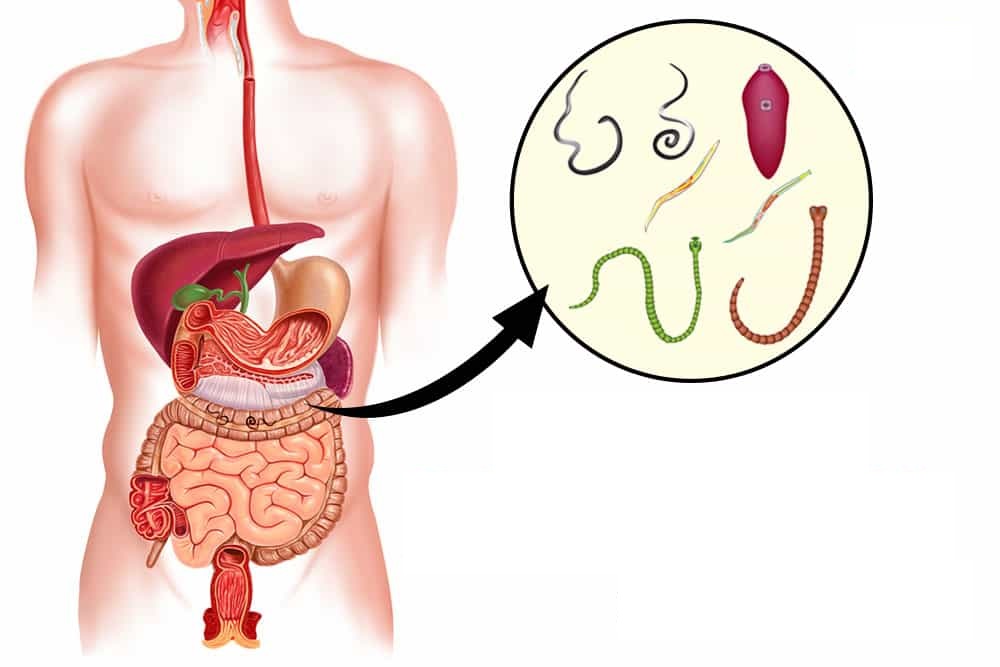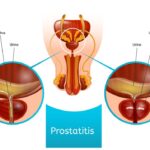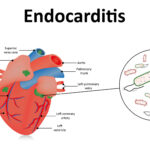What Is Enterobiasis?
Enterobiasis, commonly known as a pinworm infection, is a prevalent intestinal parasitic disease caused by Enterobius vermicularis. This infection primarily affects children but can also occur in adults. The pinworms reside in the intestines and migrate to the perianal region, leading to discomfort and itching.

Causes and Transmission
The primary cause of enterobiasis is the ingestion or inhalation of microscopic pinworm eggs. These eggs are highly contagious and spread through:
- Direct contact with contaminated surfaces
- Ingestion of contaminated food or drinks
- Inhalation of airborne eggs
- Poor hygiene practices, especially among children
Pinworm eggs can survive on various surfaces, including clothing, bedding, and household objects, for several weeks.
Symptoms of Enterobiasis
Most individuals experience mild to moderate symptoms, while some may remain asymptomatic. Common symptoms include:
- Intense anal or perianal itching (especially at night)
- Restless sleep and insomnia due to discomfort
- Irritability and difficulty concentrating in children
- Gastrointestinal disturbances, including mild abdominal pain and nausea
- Secondary bacterial infections from excessive scratching
Lifecycle of Enterobius Vermicularis
The lifecycle of Enterobius vermicularis follows a simple but effective pattern of reinfection and transmission.
Diagnosis of Enterobiasis
Diagnosing enterobiasis typically involves:
- The Tape Test: Applying clear adhesive tape to the perianal region in the morning before bathing and examining it under a microscope for eggs.
- Visual Inspection: In severe cases, adult pinworms may be visible around the anus at night.
- Stool Examination: Less commonly used, as pinworm eggs are not consistently found in fecal samples.
Treatment Options
Effective treatment for enterobiasis includes:
Medications
- Albendazole: A single dose, followed by another dose two weeks later.
- Mebendazole: Similar dosing regimen to albendazole.
- Pyrantel pamoate: Available over-the-counter in some regions.
Since pinworms spread easily, all household members should be treated simultaneously to prevent reinfection.
Hygiene and Environmental Control
- Frequent handwashing with soap and water.
- Daily bathing to remove eggs from the skin.
- Regular laundering of bed linens, clothing, and towels in hot water.
- Disinfecting household surfaces, especially in shared living spaces.
- Keeping fingernails trimmed to minimize egg accumulation.
Prevention Strategies
- Encourage strict personal hygiene practices, especially among children.
- Discourage nail-biting and thumb-sucking.
- Maintain clean environments, including regular dusting and vacuuming.
- Educate families and caregivers on pinworm transmission and prevention.
Complications of Untreated Enterobiasis
While pinworm infections are typically mild, untreated cases can lead to:
- Secondary skin infections from excessive scratching
- Urinary tract infections (UTIs) in females
- Appendicitis (rare but possible due to worm migration)
- Weight loss and malnutrition in chronic cases

